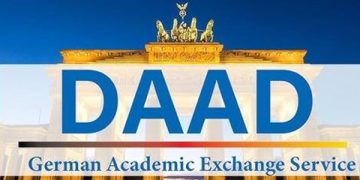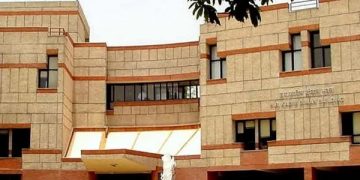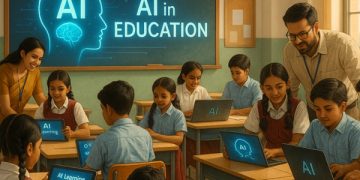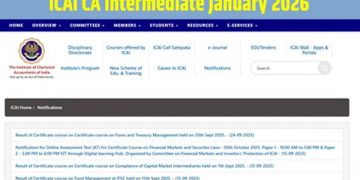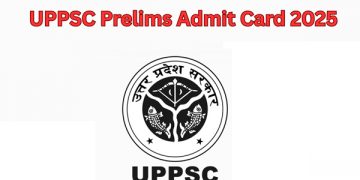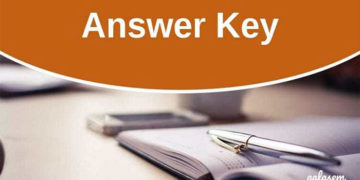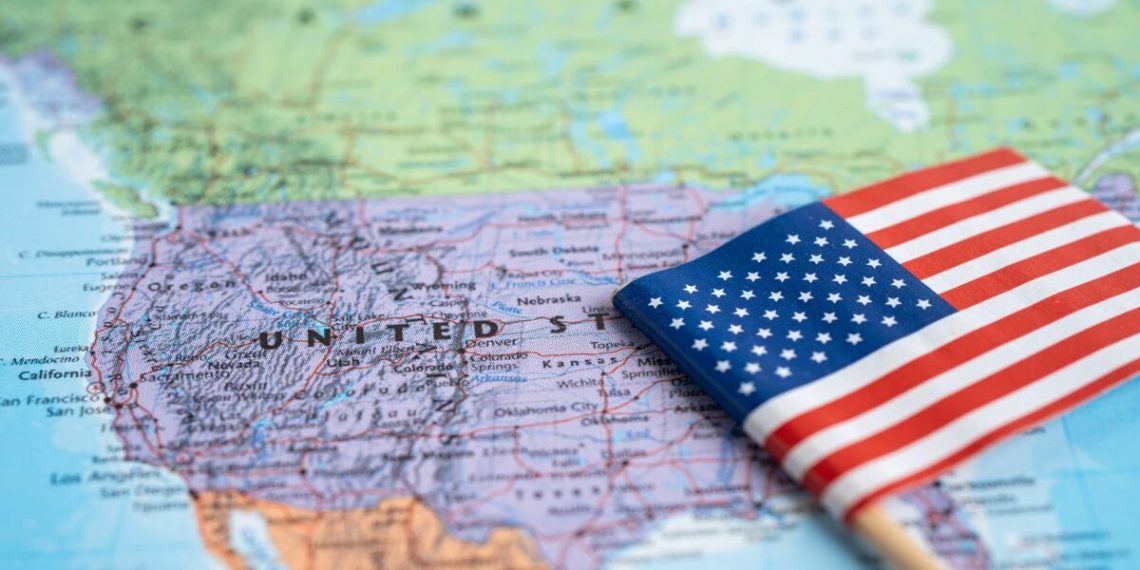A fresh bill in the US Congress has reignited anxiety among international students, particularly Indians, about their post-study prospects. The OPT Fair Tax Act, introduced by Senator Tom Cotton, seeks to subject Optional Practical Training (OPT) participants and their employers to FICA taxes—Social Security and Medicare contributions—from which they are currently exempt.
What the Bill Means
If passed, students on OPT would see 6.2% of wages diverted to Social Security and 1.45% to Medicare, while employers would be required to match these contributions. The total tax burden of 15.3% could significantly reduce international students’ take-home pay, making them more expensive hires for US firms.
Why It Matters for Indian Students
India has emerged as the top sender of international students to the US, with nearly 420,000 enrolled in 2023–24. Of these, around 98,000 were on OPT, using the programme as a stepping stone to the H-1B visa. Taxing this group directly affects the pipeline from OPT to H-1B, a pathway that has long defined the Indian student journey in the US.
This change arrives alongside another blow: the Biden administration’s decision to impose a $100,000 fee on new H-1B petitions from September 21, 2025. While existing H-1B holders and renewals are exempt, fresh applicants—including many transitioning from OPT—will feel the pinch.
OPT Under Scrutiny
Beyond taxation, the very legal foundation of OPT is being challenged. USCIS director Joseph Edlow has argued that the programme rests on executive authority rather than congressional approval, leaving it vulnerable to legal and political attacks.
At the same time, the proposed DIGNITY Act of 2025 seeks to tighten rules further—expanding FICA tax duties, curbing work authorisations, and narrowing stay-back options for international graduates.
Enforcement Gets Tougher
US authorities have also stepped up compliance checks:
-
In May 2025, over 69,000 Indian students on OPT received warning letters for alleged SEVIS violations. Non-compliance could mean termination of records and deportation.
-
The Administrative Site Visit & Verification Program (ASVVP), formalised in May, now allows unannounced inspections of employers hiring OPT students. Reports suggest a surge in surprise visits and even home checks of Indian students in recent weeks.
Impact on Aspirations
For decades, OPT has been a selling point for US universities, offering a bridge from study to employment. But mounting costs, policy uncertainty, and enforcement risks are shifting the ROI calculation for students.
The combined effect of taxes, visa fee hikes, and stricter surveillance could deter many from choosing the US, pushing them toward alternatives such as Canada, Germany, or Australia. Universities too may see enrolments dip as prospective applicants weigh not just tuition fees and career prospects but also the unpredictability of immigration policy.
The once-straightforward promise of “study, work, stay” in the US is now under shadow. For Indian students in particular, each new rule—whether a tax, a fee, or a compliance check—chips away at the dream of building a life and career in America.

